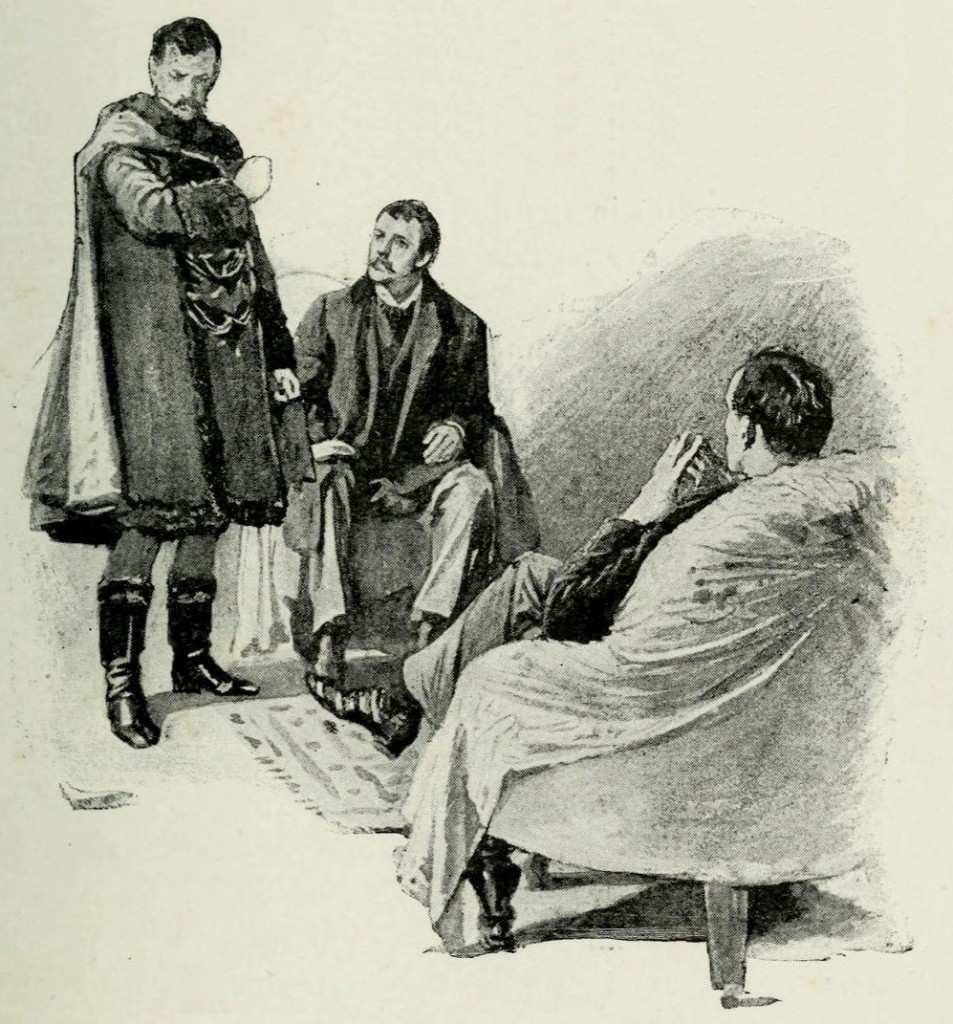I’m a day late with this post. The last two months, since I established my Monday and Friday posting schedule, I normally try to write my Monday post on the weekend, or at worst on Monday morning before the start of my workday. I’ve missed a couple of times, but I’ve been doing better about regular posting.
This weekend, however, I did nothing concerning a post. By the end of Sunday I realized that, but it was too late in the day to write it. I decided I’d do it Monday. Monday came and went, and alas, I did nothing on it. Shame on me. I’ll do better going forward.
So what’s keeping me so busy that I didn’t do my blog post? On Saturday it was first work around the house, followed by writing on Preserve The Revelation. The house work included a major cleaning job on the refrigerator, thinning the blackberry vines, cutting a lot of low hanging branches, and weeding in our back yard. I also had chair set-up at church, and trips to Wal-Mart and Home Depot. Sunday was Life Group and church, followed by lunch at a community event. That put me home around 1:45 p.m. I should have written.
Instead, I began work on the print cover of In Front of Fifty Thousand Screaming People, using G.I.M.P. to assemble the graphics. As always, G.I.M.P. defeated me. I was able to create a palette the size of the cover, and add and size the front and back covers. But on the back cover I needed to hide three corporate logos. I had planned how to do this, and got two done quite easily. However, when it came to the third one, I stalled. I was using the same procedure as for the first two: cover it with an opaque layer. Only on this one I had to add text. Somehow the layer that is the back cover was deselected, and I couldn’t add the opaque circle. Without the circle, the text was meaningless. I worked more than three hours on it, and finally quit in frustration. I went back to Wal-Mart to pick up one thing I hadn’t the day before, then spent the evening reading.
Yesterday was the normal busyness of work and house. In the evening I went to The Dungeon, intending on writing. But there, on my work table, was the box of photos from our time in Kuwait, with several batches of photos out on the table. I had dug into the box last Wednesday to select some photos to scan and post on Thursday. In the box I found batches of photos not in envelopes, hence not matched with their negatives. I decided getting those photos matched was a better use of my time than writing. I don’t say that facetiously, either. Some day we’ll pass those photos on to our children, and having them properly organized is critical. It was a good use of my time—not that I finished, but I made significant progress. But by the time 9:00 p.m. came I wanted to be about my evening reading. No time to write the blog.
So here I am on Tuesday, writing Monday’s post, and it’s about nothing but why I didn’t write on Monday. But it lets my few readers know what’s going on in my world.
Since the weekend, one of my cover designers contacted me, saying he’d done work on it. We discussed it. Hopefully he’ll complete it very soon. In case not, I’ve contacted a third cover designer and am in discussions with her. Today I sent off a letter to an influencer, a seminary professor, concerning Doctor Luke’s Assistant and things he’s written that dovetail nicely with it. This is by snail mail, as the seminary doesn’t post faculty e-mails. We’ll see what comes of it.
Tonight, when the work day is through, I plan on staying about an hour after to do some research and typing on our fact internet and computer. When I get home, I have one small task to do in the yard, then I’ll heat some soup for supper, and descend to The Dungeon. No photos tonight. I need to add at least 1,000 words tonight, and 3,000 in total, before I will allow myself to return to those photos and finish that big task. I’m looking forward to it.
